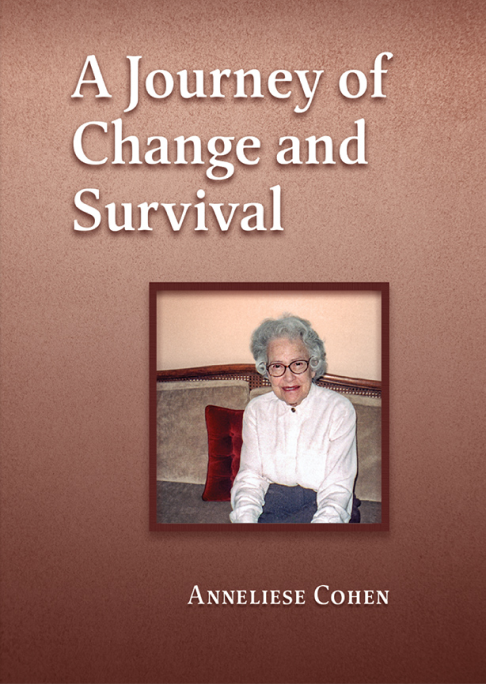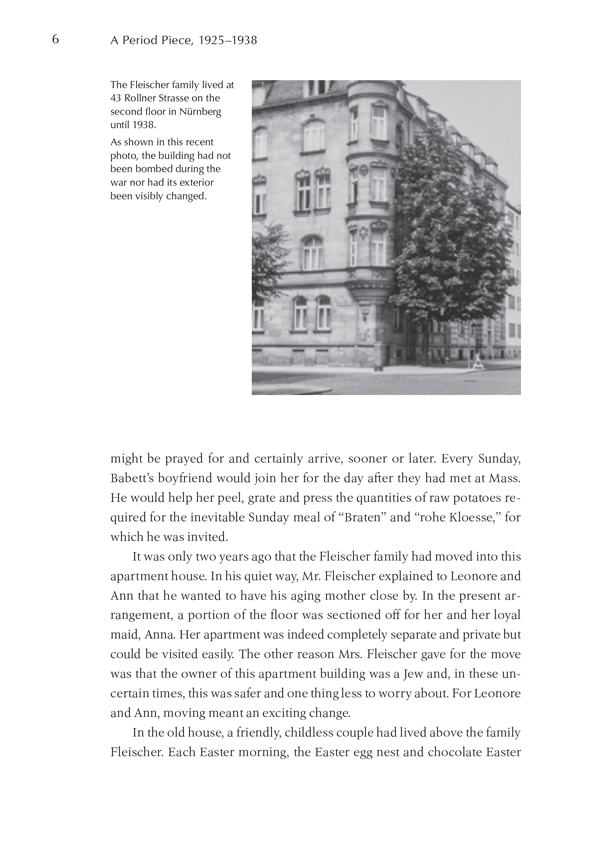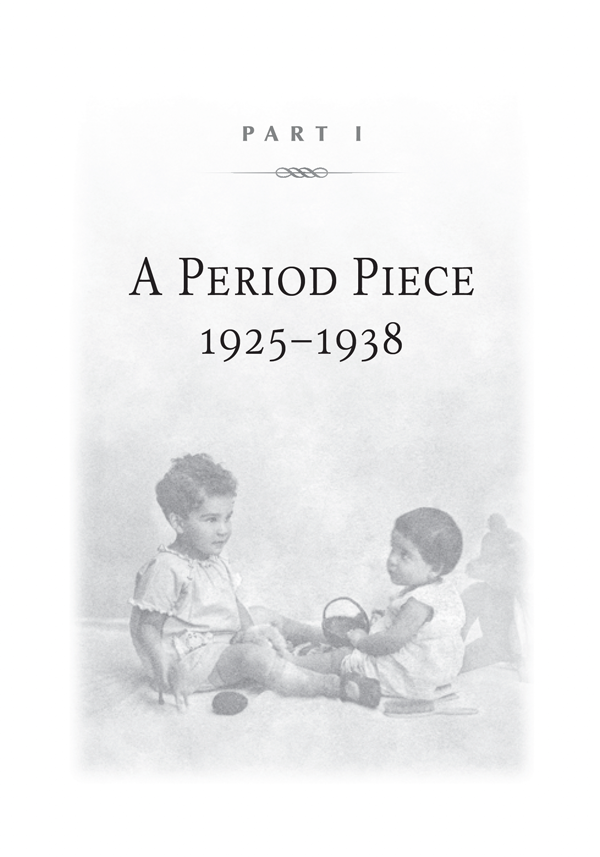


A Journey of Change and Survival
By Anneliese Cohen
Client: Anneliese Cohen
Born November 1, 1925 in Nuremberg, Germany
German-born. Her Family escaped the rise of Nazism and came to New York City, where she started over, had a family, and built an amazing life.
In Ann’s home, as in all other Jewish households, conversation was held in low voices. A fear of being overheard and accused of traitorous sentiments was constant. Walls had ears. Terrible stories abounded of SS men knocking on the door without warrant or other prior notice, searching one’s home, making a shamble of it and brutally taking the man of the house, generally to disappear forever on some vague accusation, such as lying about the Third Reich. One dark night, Ann was half awakened by muffled noises in the hall. It was a Friday night and the whole family had gone to bed later than usual. The next morning, there seemed to be no explanation for the hushed noises of the night, though Mr. and Mrs. Fleischer seemed tense and tired. And then the children heard hoarse whispering mixed with groans coming from their parents’ bedroom. Somehow, Mother Fleischer got the children to leave for Synagogue without giving them an outright explanation. Instead, she pleaded urgently with them not to breathe a word to anyone about unusual noises at home. The atmosphere was sinister. Without knowing any facts, Leonore and Ann understood that everyone’s life was in danger. Weeks later, their parents told the girls that Uncle Theo, whom they all loved, had been picked up by the SS for “questioning.” He had been made to suffer terribly but, after three weeks of torment, he was released from incarceration and let off a truck at the outskirts of the city. That night, too weak to travel further and afraid of being arrested again should he go home, he had come to their home to rest. Ann knew then that it had been Uncle Theo’s voice she had heard. A terrible inner shudder remained with her when she heard his voice, barely audible, saying, “They made us crawl on our hands and knees and eat grass. We threw up, of course. Those who dropped out were hit with rubber sticks. I don’t know how I survived.” It was the last time she heard Uncle Theo’s voice. He did not manage to leave Germany and died in a concentration camp two years later. Uncle Theo had been a socialist in his student days. But he had also fought in WWI and returned from the front line of duty with a deep scar across his right cheek. He had been an intellectual German Jew with a revulsion against Fascism. Of course, he would have been critical of Nazism even without being a Jew, which however he also was.

